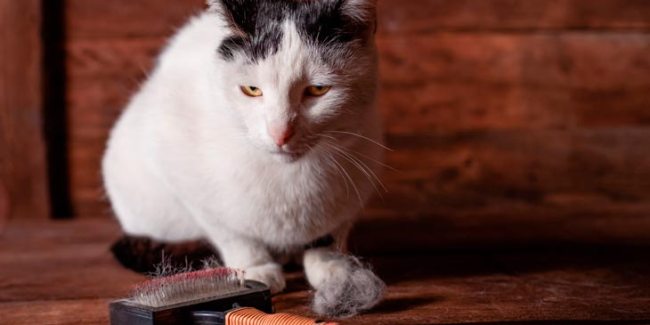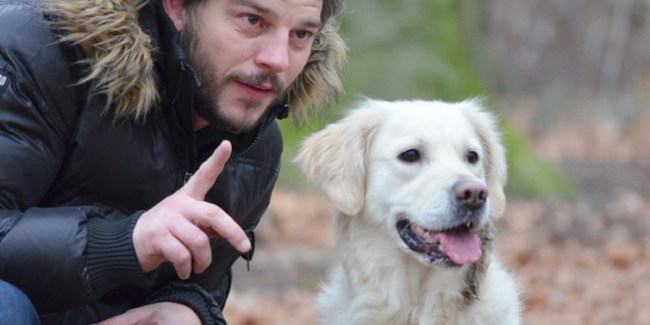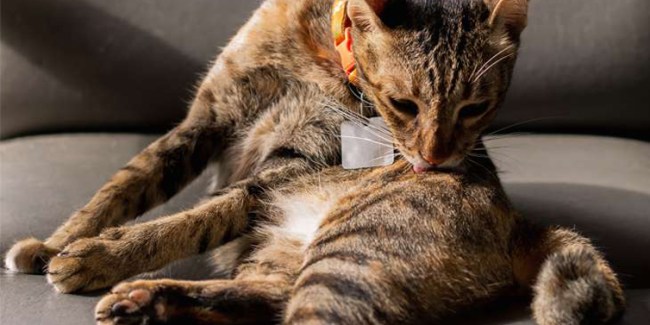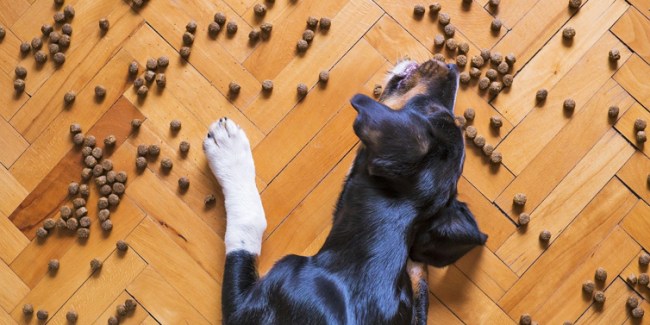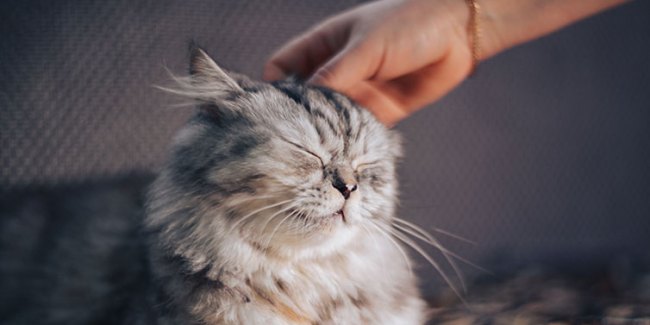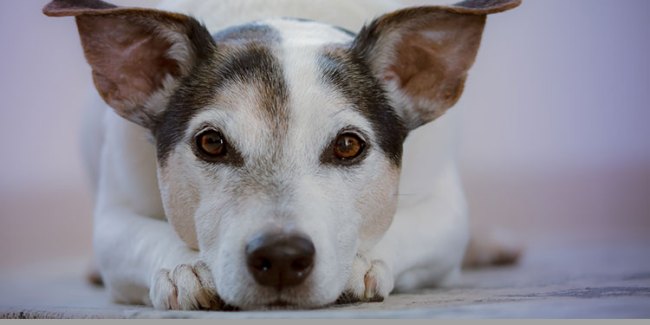Questions You’d Like to Ask Your Dog’s Vet…
Taking your much-loved doggie to the vet for regular examinations is only one of the things you do to maintain his health and well-being because you want only the best for him.
You may have had some questions for the vet whilst you were there, but have hesitated to ask them, because you didn’t want to seem silly or ignorant. The more knowledge you have about your dog, the better and most vets will tell you that actually, there is no such thing as a stupid question! See below for examples of the kinds of questions people ask their vets.

Posted by bravectosouthafrica – 26 August 2021
What’s the reason for dogs’ noses always being wet?
Dogs can detect smells up to 10,000 times better than humans. They have more than 100 million receptor sites in their noses, whereas we have 6 million. They truly do have an incredible sense of smell and use this sense to discover their world.
A damp nose catches smell particles better than a dry one, helping this wonderful smelling system to work better.
Moisture is maintained on the damp nose in two ways:
- Mucus secretion. The inner nasal surface is kept moist by cells in the lining that produce mucus.
- Licking constantly. Dogs’ noses get dirty from smelling things. They keep their noses clean by constantly licking them. Licking is also a good way to bring smell particles into their mouths. Dogs often lick their noses simply to stop them from becoming dry
Does a dry nose mean that my dog is sick?
Not necessarily. Many people believe that if their dog’s nose is dry, he must be sick. Sick dogs may have cool, wet noses and healthy dogs may have dry ones. Dogs’ temperatures and overall health are not necessarily shown by the wetness and temperature of their noses.
If a dog is acting as if he is well but has a dry nose, he is probably fine. If, for example, he is also not eating or has an upset stomach, then contact your vet. You will also probably need to call the vet if his nose becomes sore, red or cracked.
I’ve noticed that my dog’s paws smell like corn chips. Is this normal?
Dogs have eccrine glands in the skin of their paws to keep the skin supple and moist. Sometimes, bacteria work on the skin and dirt in the pads which can smell like corn chips.
Remember that your dog’s paws touch many different surfaces every day and bacteria create the nasty smell sometimes associated with smelly feet. Certain bacteria in your dog’s pads or in the hair on the paws can smell quite strongly.
If the smell is very strong or you think your dog may have a skin condition, then perhaps you should call your vet, but otherwise, the smell may just require a bath.
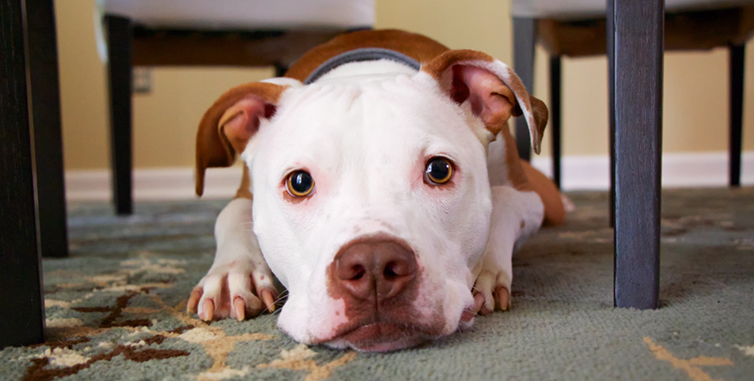
Some breeds, like pit bulls, are often termed aggressive. Are some dog breeds really more aggressive than others?
Originally, some dog breeds were chosen for their ability to do certain jobs, like being a watchdog, hunting, herding or even lap-sitting.
The original bull-baiting dogs, chosen for the strength of their bite to help capture bears, bulls and other big animals, were the pit bull’s ancestors. Random breeding today, with little concern for behavioural characteristics, has resulted in a wide range of behavioural tendencies.
A dog’s environment, socialisation and experiences are largely responsible for his behavioural characteristics, with genetic background influencing his behaviour to some extent. Genetics may predispose a dog to certain types of behaviour, but his environment, socialization and experiences will ultimately dictate his actual behaviour. We’d advise you to look at the individual dog.
Does a dog’s personality change when he/she is spayed or neutered?
Your dog’s personality will not change very much after spaying (females) or neutering (males). In fact, there are many advantages to this surgery, including avoiding other negative characteristics, plus behavioural and medical benefits. A neutered male is less likely to spray all over your house and he will tend to stop mounting other dogs, objects and visitors to your home. He will also be less likely to be aggressive. The spayed female won’t go into heat, so there’ll be no blood dripping, less frequent urination and no howling for eligible males.
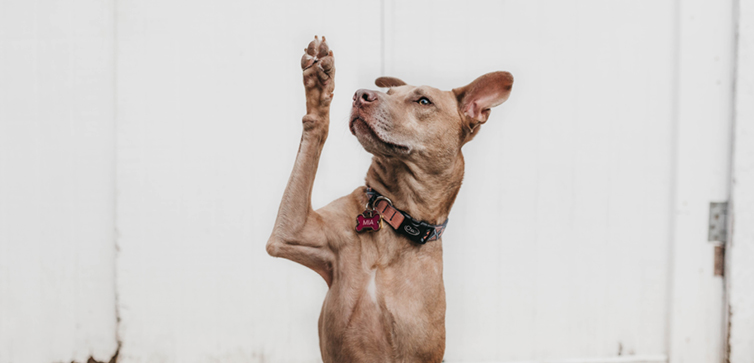
Humans have a dominant hand; do dogs have a dominant paw?
Yes. Many dogs prefer to use one paw rather than the other, just as most of us do.
Only about 1 % of humans are happy to use either hand. Researchers call this ‘laterality’. In 23 different studies, 63 % of puppies preferred one paw rather than the other and 37 % showed no preference.
My son has a dog allergy. Can he do anything about this?
Just as there are hypoallergenic mattresses, so there are hypoallergenic breeds of dogs, believe it or not! There are other things that you, or your son can do in order to live happily with a BFF (Best Furry Friend.):
- As far as possible, allergy-proof your house. Allergens like certain surfaces that they can stick to like curtains and carpets. Try blinds and tiles.
- Cleanliness. Wash any fabrics that your poochie comes in contact with, frequently, e.g. his bed. Vacuum as frequently as possible and regularly clean the furniture in your son’s bedroom. Wearing a face mask will help your son too.
- Hygiene. Tell your son to wash his hands after touching the dog. Keep your pooch regularly bathed and groomed, or consider a professional groomer…
- Medications. Your G.P. will be able to prescribe specific treatments for your son’s allergy…
Do dogs cry when they’re upset?
Like us, dogs can feel grief and sadness, but they don’t cry with tears flowing as we do.
Dogs can produce tears from their tear ducts, which is important in keeping their eyes clean, free of dust and comfortable. However, there are many possible causes for a dog actually leaking tears:
- Something in the eye.
- An allergic reaction.
- Damage to the eye’s surface.
- A narrow or blocked tear duct.
- An eye infection may be developing.
If you see tears flowing, take your dog to the vet. On the other hand, insufficient production of tears may look like dirt or mucus in the eye, for which your vet should be consulted.
Sources:
https://vcahospitals.com/know-your-pet/why-do-dogs-have-wet-noses
https://www.hillspet.com/dog-care/behavior-appearance/why-do-dog-paws-smell-like-corn-chip
https://www.aspca.org/about-us/aspca-policy-and-position-statements/position-statement-pit-bulls
https://www.aspca.org/pet-care/general-pet-care/spayneuter-your-pet
https://www.psychologytoday.com/us/blog/the-asymmetric-brain/201902/left-pawed-or-right-pawed-do-dogs-show-preference
https://www.akc.org/expert-advice/lifestyle/dog-right-or-left-pawed/
https://www.akc.org/expert-advice/lifestyle/can-i-have-a-dog-if-i-have-allergies/
https://www.rover.com/blog/do-dogscry/#:~:text=While%20dogs%20can%20feel%20sadness,result%20of%20their%20emotional%20state
Subscribe to our Newsletter
Get to know your furry friend better! Sign up for all things dog- or cat-related.
The Hairy Facts about the dreaded hairball
12 April 2021
Help! My dog’s barking mad! Volume 2
12 April 2021
Your Itchy, Scratchy Cat – All About Cat Skin Problems
12 April 2021
The Dog’s Diet: A Bone of contention?
01 April 2021
Mango Fly Worms: How to Spot and Eliminate them
Posted on November 28,2019
Managing Mange And Mites In Your Dog
Posted on June 11,2018
Why Do Cats Purr and How? Learn What Your Cat Is Saying
Posted on October 14,2020
How to Get Rid of Ear Mites in Dogs
Posted on November 06,2019


